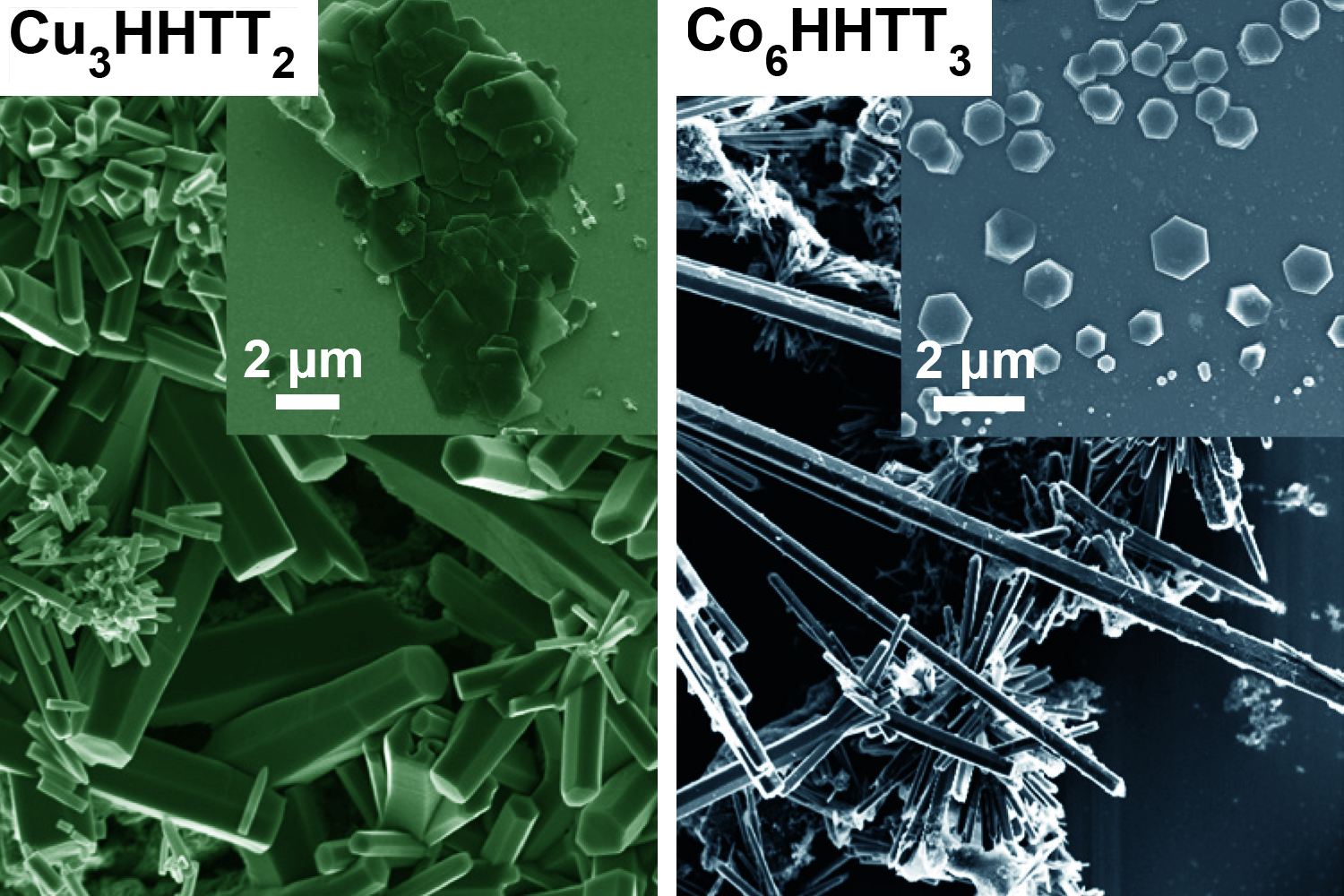
A class of materials called metal organic frameworks, or MOFs, has attracted considerable interest over the last several years for a variety of potential energy-related applications — especially since researchers discovered that these typically insulating materials could also be made electrically conductive. Thanks to MOFs’ extraordinary combination of porosity and conductivity, this finding opened the possibility of new applications in batteries, fuel cells, supercapacitors, electrocatalysts, and specialized chemical sensors. But the process of developing specific MOF materials that possess the desired characteristics has been slow. That’s largely because it’s been…



